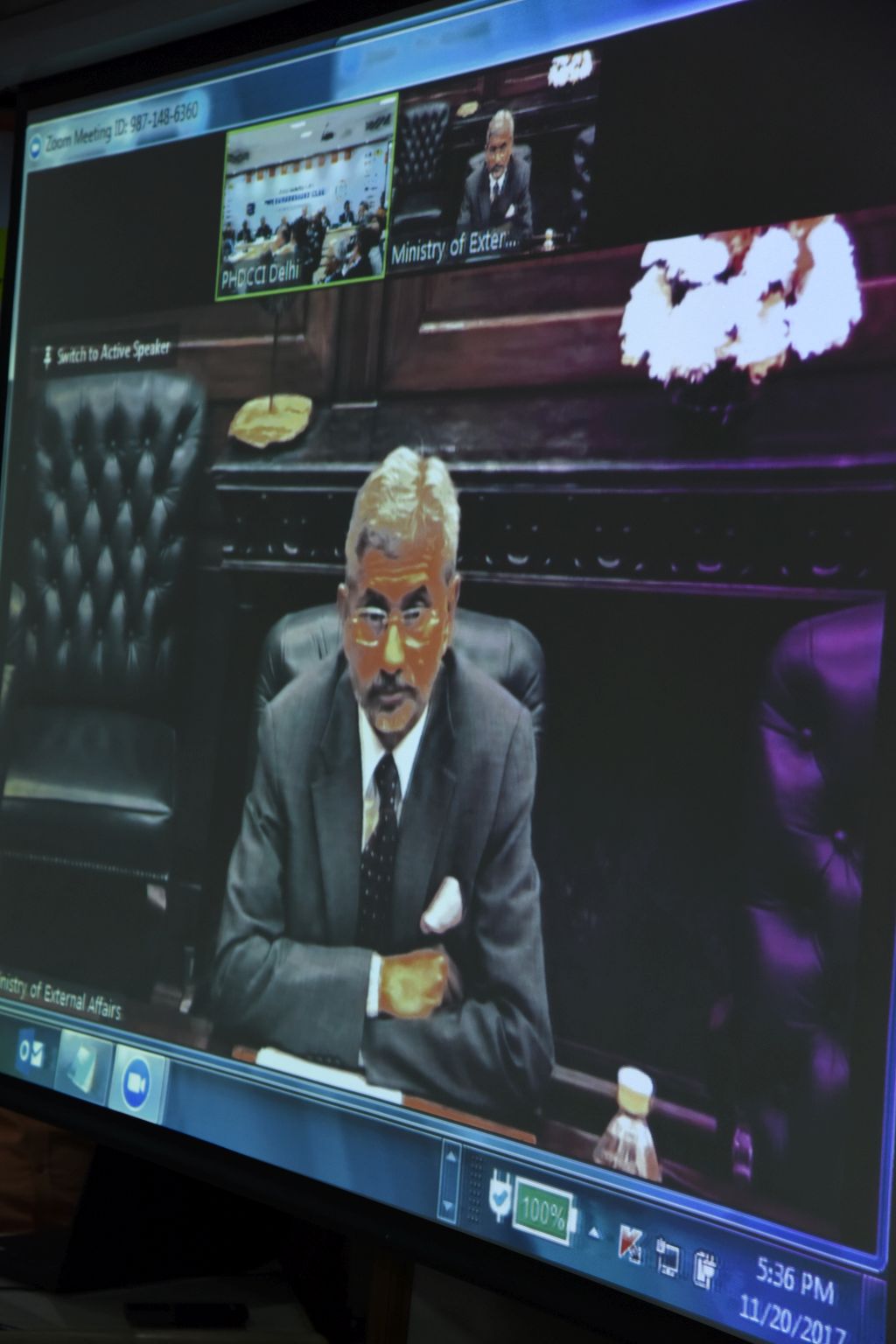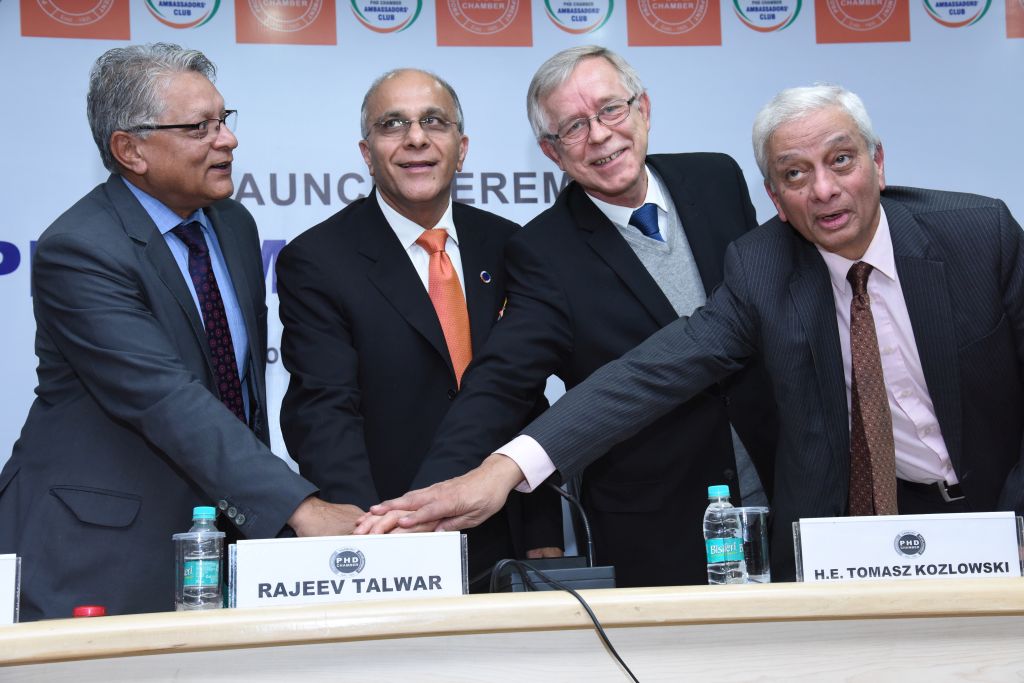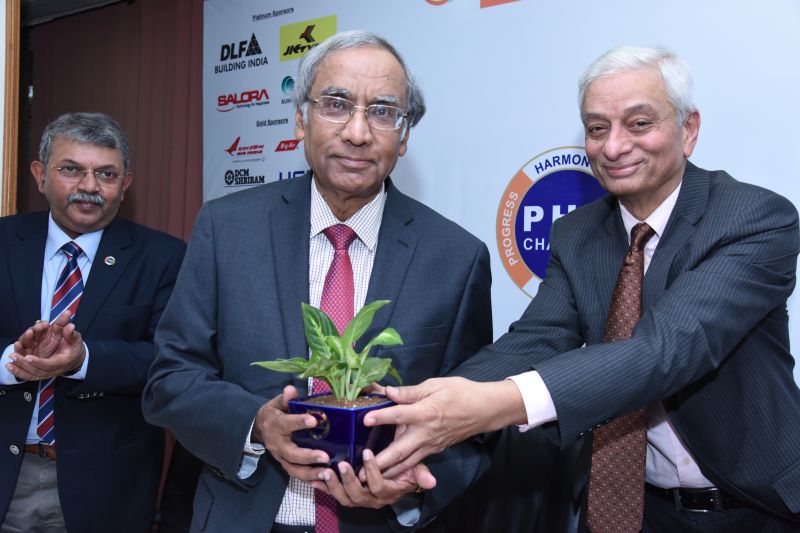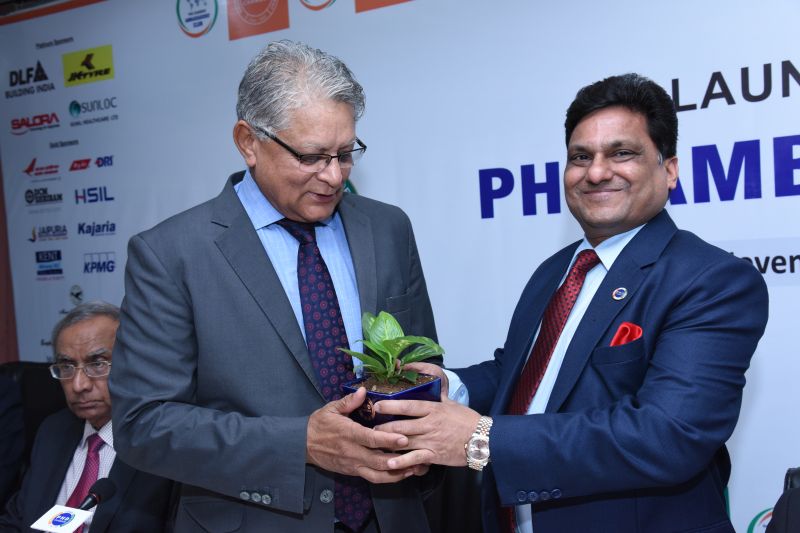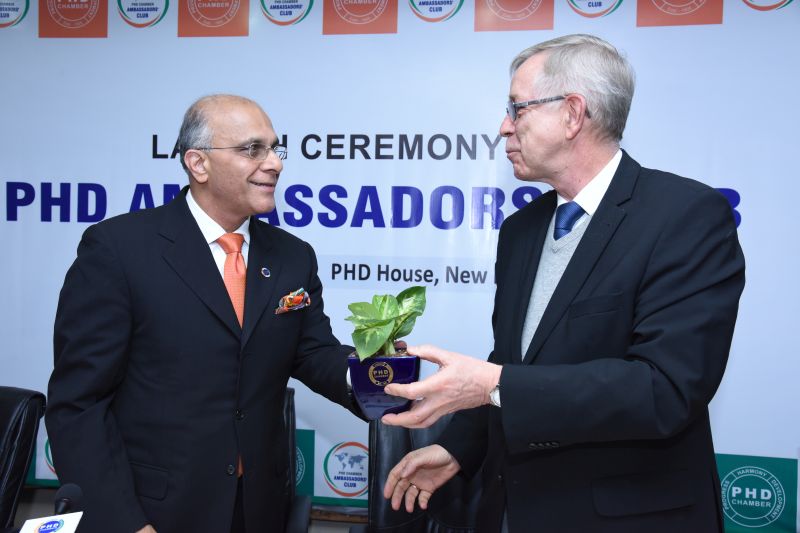Indian Foreign Secretary S Jaishankar has said that the Indian Government's intensive efforts to make passport available to maximum number of Indian has created an enabling environment for the Indian diaspora in terms of their global mobility.
"India’s interests dictate that its international commitments are more balanced and give due weightage to services and mobility. It is only if these interests are taken into account that we can arrive at win-win situations. We not only must negotiate for mobility abroad; we must equally promote it at home. The enormous energies that the Government has devoted to making the issue of passports easier is a reflection of that priority. A related outcome is the greater importance placed on diaspora welfare and the responsibility of the Indian state for its citizens abroad," said Jaishankar at the launch of the PHD Ambassadors’ Club of PHD Chamber of Commerce & Industry at a ceremony held last week.
"International relations are a mix of advancing interests and exercising influence. While that has always been the case, what has changed in a more interconnected and constrained world is the pursuit of the same objectives but in a less coercive manner. This is reflected, amongst others, in the nature of the contemporary global agenda where economic factors are seen to be a more effective tool for shaping the world," Jaishankar said.
"Whether it is opportunities like connectivity, trade and investment or mobility, or challenges like terrorism, climate change or maritime security, the conduct of diplomacy is increasingly dependent on economic capabilities and their deployment. It is, therefore, particularly welcome that a business chamber is devoting energy and attention to promote such a discourse," he said.
"Few would dispute that the growing stature of India in the world is an outcome of the economic progress that we have made in the last quarter of a century. The salience of foreign partnerships in the flow of capital, technology and best practices that drive India’s growth has only increased in this period. Indian diplomacy has been extremely active in enhancing awareness, facilitating contacts and promoting cooperation in this regard," he added.
The Foreign Secretary noted that in the last few years, a concerted effort has been made to get across the message of India being an easier place to do business. As the Indian economy expanded, the nature of our interactions with the global one also underwent a transformation. Indian businesses have been more and more active in pursuit of overseas opportunities. The demands of manufacturing at home and promoting exports have also driven a more sustained relationship with companies abroad.
"I am sure you will all agree that one important aspect of this change has been in the more supportive role that our Missions abroad play in identifying and exploiting such opportunities.
The image of India in the world is shaped by a number of factors. Primarily, it is a derivative of our economic prowess at home. But to a large extent, it is also determined by individual experiences that people outside have of India and Indians. If today, there is a perception of India as a ‘tech’ society, that is an outcome of the activities of our professionals abroad," Jaishankar went on.
"Similarly, our businesses – big and small – have also made their mark all over the world. Whether it is a giant enterprise operating in Europe or North America or more modest traders in Africa or the Caribbean, our work ethic and respect for local practices have been noted. A real partnership between diplomacy and business is important not only for the benefits that it brings to the economy at home but also in enhancing access and building brand abroad," he said.
The Foreign Secretary said this broad global approach has already started yielding results, India’s international standing depends not just on its own capabilities, but how they impact abroad. The first impact of that is in our immediate neighbourhood.
"Conscious of this, we have initiated and determinedly pursued a Neighborhood First strategy that prioritises these relationships. In essence, this strategy envisages commitment of a much higher level of resources and attention to the countries bordering India," he said.
"Building stronger connectivity is of particular importance, as indeed, is the expansion of our contacts and cooperation. We also encourage Indian businesses to make their contribution, both directly and indirectly, in this important endeavour. Underlying our thinking is the calculation that the region, and indeed the world, is better served if India’s prosperity becomes a broader lifting tide. In recent years, we have therefore dramatically expanded our lines of credit and development assistance, while taking a regional approach to cooperation prospects," he added.
Read more India News and Global News here

